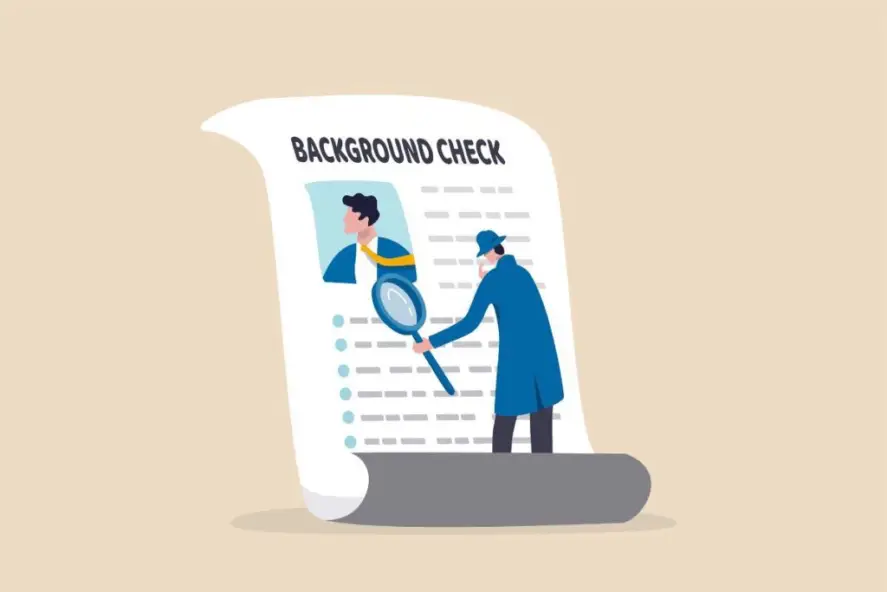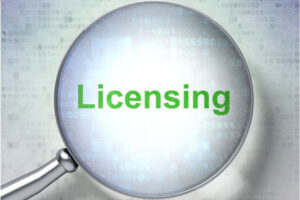Some criminal convictions and deferred adjudications can prevent you from obtaining a teaching certificate or another educator’s certification. As a result, you may wish to undergo a preliminary criminal history evaluation before the Texas Education Agency (TEA) before spending the time and funds necessary to become a certified teacher or educator. An experienced teaching license defense lawyer can represent your interests while seeking a preliminary criminal history evaluation or applying for a teaching certificate. We can also assist you in appealing any negative responses you might receive based on your criminal history.
The impact of a criminal conviction or deferred adjudication on your ability to obtain a teaching certificate varies according to the type of offense involved. Convictions and deferred adjudications involving drug sales or distribution, sex offenses, violence, or moral turpitude are more likely to lead to teaching and educator certificates than other offenses.
Determining Your Eligibility for a Teaching Certificate in Advance
You can determine your eligibility for a teaching or other educator certificate by requesting a Preliminary Criminal History Evaluation (PCHE) before formally applying for certification. A PCHE is based on your self-reported criminal history; it is a voluntary and non-binding process.
You can request a PCHE under Tex. Occ. Code §53.102 if you:
- are enrolled or are planning to enroll in an educational program that prepares a person for an initial license or is planning to take an examination for an initial license; and
- have reason to believe that the person is ineligible for the license due to a conviction or deferred adjudication for a felony or misdemeanor offense.
The process of requesting a PCHE allows you to decide whether you should put in the time and expense necessary to prepare to seek an educator certificate if there is a risk that you will be ineligible to obtain it.
The PCHE Process
To request a PCHE, 19 Tex. Admin. Code §227.103 requires you to submit an application and a $50 application fee to the TEA containing your contact application and the date and description of each criminal offense you request to be evaluated. You also must submit the following information:
- an attached statement of the circumstances upon which the arrest is based and the disposition relating to each offense to be evaluated;
- court documentation relating to each offense, including, at a minimum, the formal disposition of the offense(s) and related charge(s) (e.g., Judgment, Order of Probation, Sentence, Deferred Adjudication Order, etc.); and
- a copy of the receipt for the request for a preliminary criminal history evaluation fee.
You also may submit other documentation to the extent that it is available, such as:
- the formal charge(s) (e.g., indictment, information, or complaint);
- evidence that the condition(s) of the court have been met (e.g., completion of probation, a receipt for restitution, etc.); and
- any available law enforcement report(s) describing the offense or the investigation of the offense.
When you apply for a PCHE, TEA staff will request Texas criminal history information linked to your name from the Texas Department of Public Safety. Within 90 calendar days of your request, TEA will provide you with its determination of your potential ineligibility based on matters described in your PCHE.
Since the information you provide to the TEA forms the basis for the PCHE, any incomplete or invalid information you provide can result in an inaccurate PCHE. You also will be subject to a fingerprint-based national criminal history if you subsequently apply for an educator certificate through the TEA, which could affect your eligibility. Therefore, the PCHE is not a guarantee of educator certification, admission to an educator certification program, or employment as an educator.
Grounds for Denial of an Educator Certificate
19 Tex. Admin. Code §249.16 provides that the TEA can deny an applicant an educator certificate or bar a person from being assessed or examined for a certificate because a person has been convicted of a felony or misdemeanor.
An offense directly relates to the duties and responsibilities of the education profession if it:
- indicates a threat to the health, safety, or welfare of a student or minor, parent of a student, fellow employee, or professional colleague;
- interferes with the orderly, efficient, or safe operation of a school district, campus, or activity; or
- indicates impaired ability or misrepresentation of qualifications to perform the functions of an educator.
Offenses that directly relate to the duties and responsibilities of the education profession include, but are not limited to:
- offenses involving moral turpitude;
- offenses involving any form of sexual or physical abuse or neglect of a student or minor or other illegal conduct with a student or minor;
- offenses involving any felony possession or conspiracy to possess, or any misdemeanor or felony transfer, sale, distribution, or conspiracy to transfer, sell, or distribute any controlled substance defined in the Texas Health and Safety Code, Chapter 481;
- offenses involving school property or funds;
- offenses involving any attempt by fraudulent or unauthorized means to obtain or alter any certificate or permit that would entitle any person to hold or obtain a position as an educator;
- offenses occurring wholly or in part on school property or at a school-sponsored activity; or
- felony offenses involving driving while intoxicated (DWI).
Factors the TEA Considers in Determining Eligibility for Licensure
The TEA will determine your eligibility or ineligibility for educator certification by considering the following factors under 19 Tex. Admin. Code §249.17:
- the seriousness of the violation;
- whether the misconduct was premeditated or intentional;
- attempted concealment of misconduct;
- prior misconduct and SBEC sanctions;
- the potential danger the conduct poses to the health and welfare of students;
- the effect of the prior conduct upon any victims of the conduct;
- whether sufficient time has passed and sufficient evidence is presented to demonstrate that the educator or applicant has been rehabilitated from the prior conduct;
- the effect of the conduct upon the educator’s good moral character and ability to be a proper role model for students;
- whether the sanction will deter future violations; and
- any other relevant circumstances or facts.
Get Assistance Seeking a Teaching Certificate by Getting the Legal Advice that You Need
A criminal offense may threaten your ability to obtain a teaching or educator certificate. As a result, you must take certain actions to put yourself in the best position possible to apply for and obtain the certificate you seek. You also can contest a determination that you are ineligible to receive a teaching certificate. Therefore, you should not hesitate to get legal assistance if you find yourself in this situation. Contact a Texas teaching certificate defense lawyer immediately if you anticipate receiving or do receive a denial of your application for a teaching certificate due to your criminal background.
Call or text (512) 476-5757 or complete a Case Evaluation form





